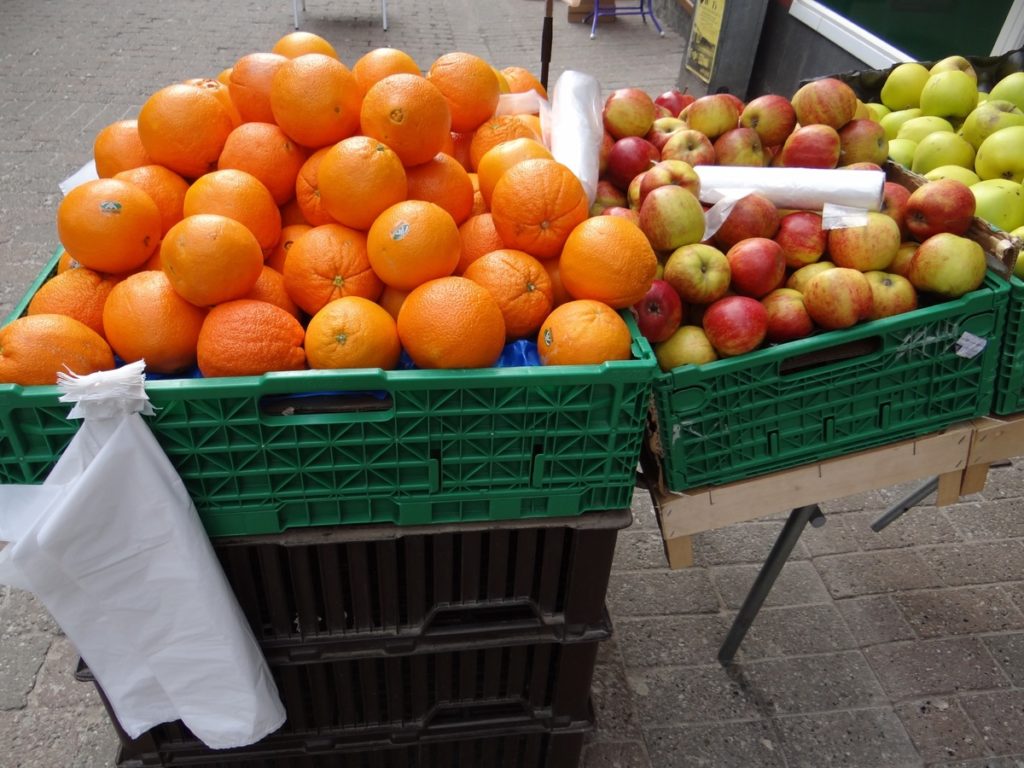A number of changes come into force at the beginning of March on Sunday.
Postal deliveries by Bpost will change in frequency, with non-urgent mail delivered only twice a week – determined by whether or not a Prior stamp is attached.
The same change also affects advertising free-sheets and magazines other than weekly.
Deliveries will take place once on Monday or Tuesday, and once on Wednesday or Thursday.
Priority mail, registered letters, packages, newspaper and weekly magazines will continue to be delivered daily.
The change comes about in response to union demands regarding the increasing volume of mail that must be handled by a reduced number of mail-carriers.
Dental costs: the price of a visit to the dentist goes up by 1.95% by an agreement on indexation agreed in January.
At the same time, the cost of certain specific procedures increases. These include extractions and certain prosthetics, which together represent 25% of all treatments.
However while the general price increase is reimbursed pro rata by insurers, the increase in cost of the procedures will be borne by the patient. Young people under 18 are not affected by the procedure increases.
Plastic bags: single use plastic bags used for fruit and vegetables will no longer be allowed in Brussels region and in Wallonia. The ban includes bags that are organic and compostable.
The ban covers shops and supermarkets, as well as market stalls and other types of ambulant traders.
Shoppers are invited to bring along their own cotton bags, plastic and cardboard boxes and other multi-use containers.
Protection against radiation: The federal agency for nuclear control is amending its rules on protection against ionising radiation to take account of the growth of new medical – and especially veterinary – procedures.
The new rules are intended to protect patients, staff and the owners of animals from the dangers of radiation.
The existing general rule still obtains: where an alternative exists, ionising radiation should not be used. And if it must, doses of radiation should be the minimum necessary to achieve the medical result sought.
In the veterinary field, assistants may now carry out procedures under the supervision of a vet. And the owners of animals who wish to stay with their pet during a procedure must be fully informed of the process and the risks before being allowed.
The same right to full information and prior consent is extended to patients who themselves are to undergo a procedure involving radiation.
Ionising radiation of different types is used in medical imaging, including X-rays and CAT and MRI scans.
Public transport in the Grand Duchy of Luxembourg (not the Belgian province) becomes entirely free, including buses, trams and trains. Tickets are abolished, and the measure applies to citizens and visitors alike.
Luxembourg thus becomes the first country in the world to offer free public transport.
Only first-class accommodation on trains will continue to be paid, in order to prevent first class becoming overcrowded.
The measure is intended to help encourage cross-border workers, of which the country has many, to leave their cars at the border.
The price of tickets to and from Luxembourg and neighbouring countries will be reduced accordingly. Belgian rail season tickets for destinations in the Grand Duchy will be reduced by €290 a year, or €29 a month.
The Museum Pass (known as museumPASSmusées) goes up in price from €50 to €59 a year, for unlimited free entry to 170 museums across the country that participate in the scheme. Additional costs for temporary exhibitions will become exceptional, organisers say.

